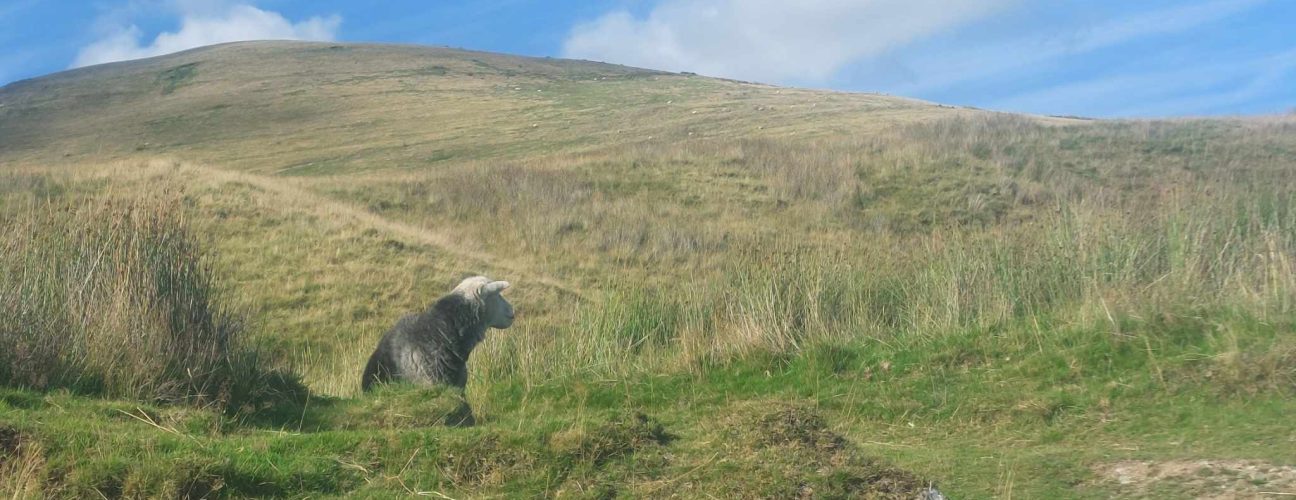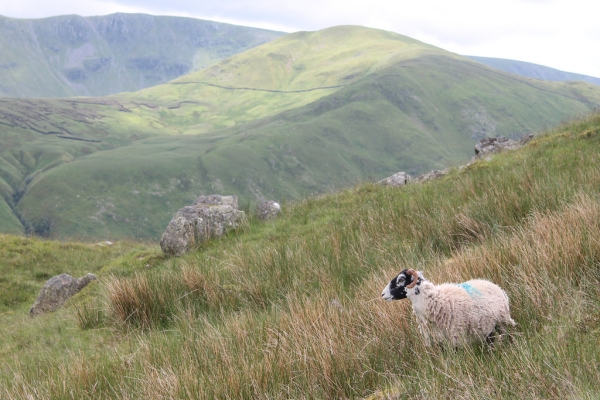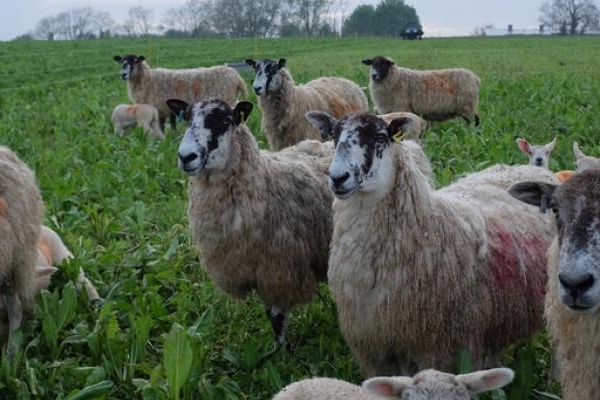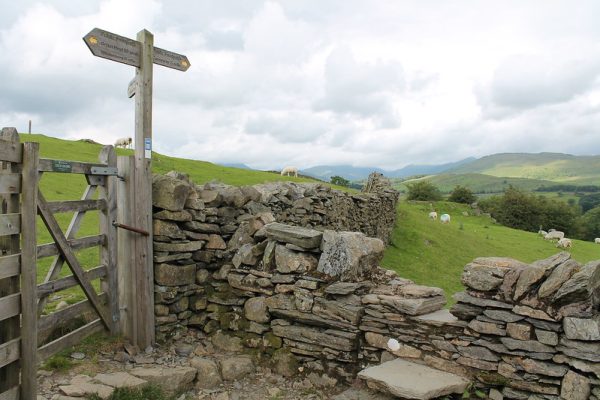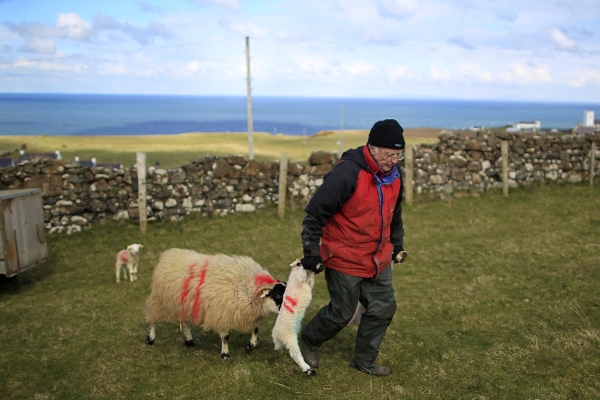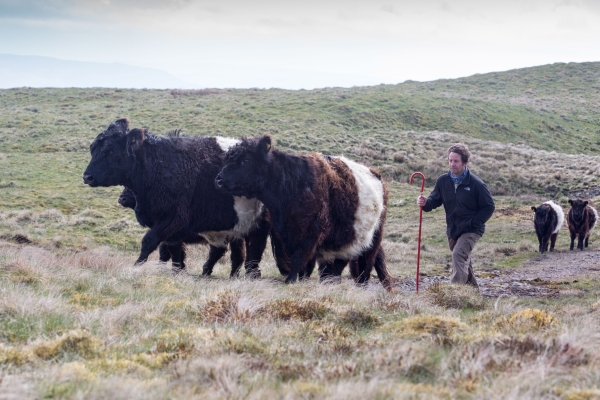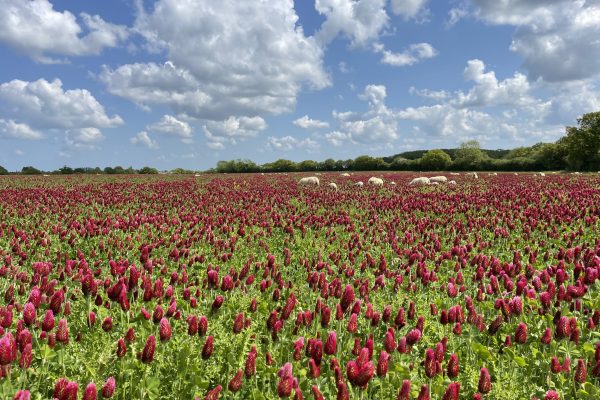UK Sheep Farming and the Sustainability Agenda
A review of the evidence and ways to deliver more
Resource explained
This report looks at sustainability of the UK sheep industry beyond single metrics such as carbon, examining the issues in depth. There is a focus on public goods provision with 21 case studies showcasing positive examples of sustainability. Issues around the sustainability of imported feed are covered, together with the contribution towards more sustainable arable systems through integrating sheep into arable rotations. The benefits of integrating trees onto farms are also discussed. The positive attributes of sheep farming in terms of animal health and welfare and production of high-quality protein and fibre are included. Finally, after reflecting on the challenges and potential solutions, the authors outline their key policy asks for government.
‘Download resource’ takes you to the report summary. Access the longer and fully referenced research review here.
Findings & recommendations
- Sustainability is multi-faceted – it’s not just about carbon. True sustainability means taking a holistic view better representing the multi-functionality of UK sheep farming.
- Metrics should be used carefully to minimise trade-offs between carbon footprints and public goods – biodiversity, soil health, food security, landscape and sustainable livelihoods.
- Strategies can be adopted to reduce greenhouse gas emissions but it is important to consider the bigger picture.
- Positive improvements have been seen with a ‘One Health’ approach – balancing and optimising the health of people, animals and the environment.
- Producers should ascertain where the farm business is (baseline) and where they’d like to be (on-farm sustainability goals, and how best to get there), using accurate data.
- Government policy needs to recognise the value of grass-based food production systems and avoid market disruption through trade deals that affect the economic sustainability of sheep farming.
- A number of strategic and directional changes, and support for development and innovation could affect positive change to encourage true sustainability.
